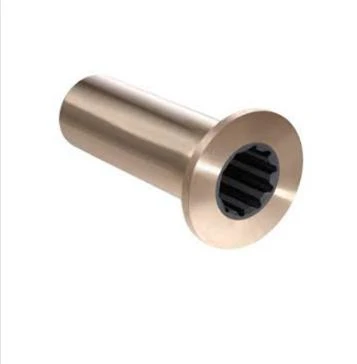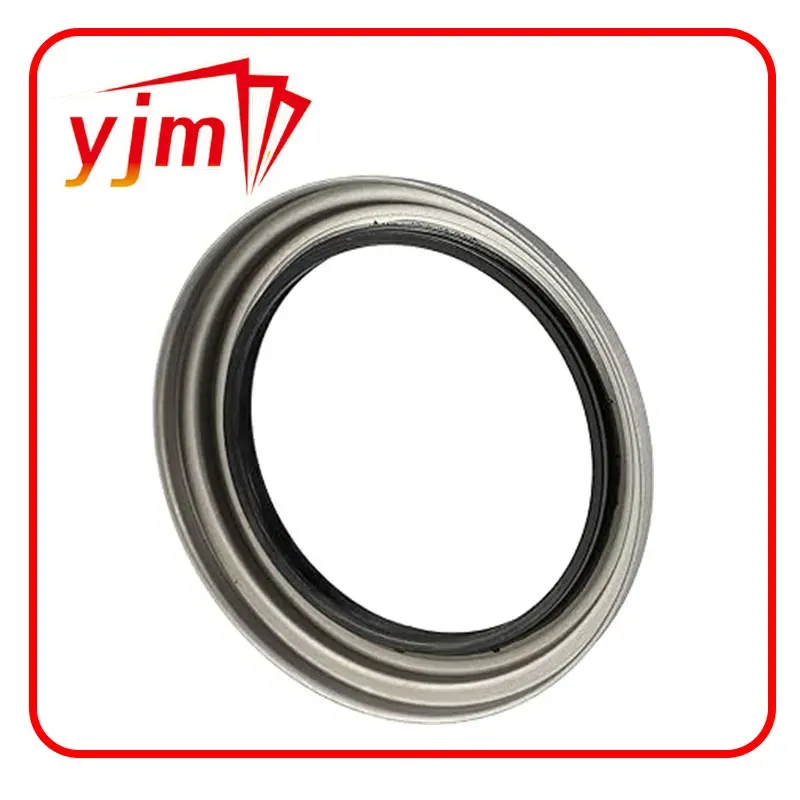YJM Oil sump gasket 11 13 7 511 224


In contemporary applications, many turn to multi-layer steel (MLS) gaskets, especially in high compression engines found in modern vehicles. MLS gaskets are composed of several layers of steel sandwiched with elastomer, which provides resilience against the harshest conditions. They are engineered for superior performance under extreme pressures and temperatures, offering an almost impenetrable seal. The use of steel layers makes them resistant to the warp and distortion that can afflict softer materials, thus ensuring consistent performance over time. However, their application often requires precision in machining the mating surfaces to ensure a perfect fit, and they can be costlier compared to other materials. It's not just about selecting the right material; proper installation is equally essential. Ensuring a clean surface free of old gasket material and using the appropriate torque on bolts can prevent future leaks and ensure the longevity of the gasket. Skipping these steps can compromise even the most robust material. When determining the appropriate oil pan gasket material, one must weigh the demands of the engine, budget constraints, and the willingness to invest in longevity against initial costs. Modern advancements have made it possible to blend materials, offering hybrid gasket solutions that cover a broader range of performance needs. In conclusion, choosing the right oil pan gasket material involves understanding the material properties and how they interact with engine dynamics. Utilizing materials appropriate for specific applications ensures not only the engine’s performance but also extends its lifespan. Whether it's the flexibility of cork, the durability of rubber, the heat resistance of silicone, or the strength of MLS, each material offers distinct advantages. Knowledge, experience, and making informed choices backed by authoritative insights ensure reliable vehicle function and establish trustworthiness in automotive repair practices.
-
The Ultimate Guide to Car Repair Kits: Tools and Essentials Every Driver Should Own
News Aug.01,2025
-
The Complete Guide to Oil Pan Gaskets: Sealing Engine Leaks the Right Way
News Aug.01,2025
-
Preventing Oil Leaks: A Complete Guide to Oil Pan Gaskets and Drain Seals
News Aug.01,2025
-
Everything You Need to Know About Oil Pan Gaskets and Drain Plug Seals
News Aug.01,2025
-
Essential for Car Owners: How to Use a Car Repair Kit to Deal with Minor Breakdown
News Aug.01,2025
-
Comprehensive Guide to Engine Oil Sump Gaskets and Related Seals
News Aug.01,2025
-
The Ultimate Guide to Boat Propeller Bearings and Trailer Wheel Bearings
News Jul.31,2025
Products categories















